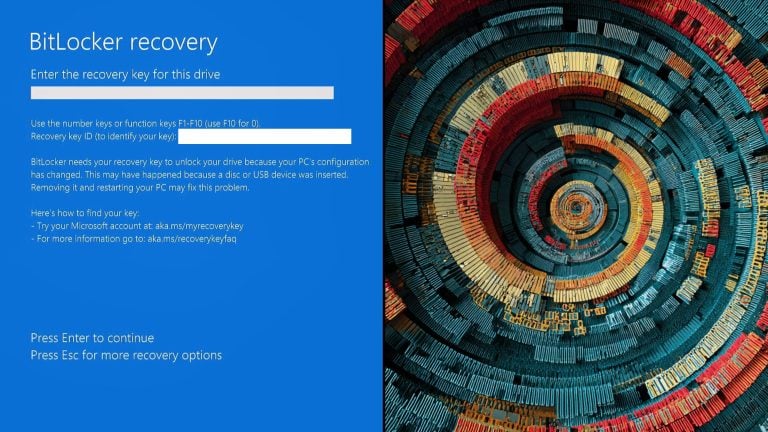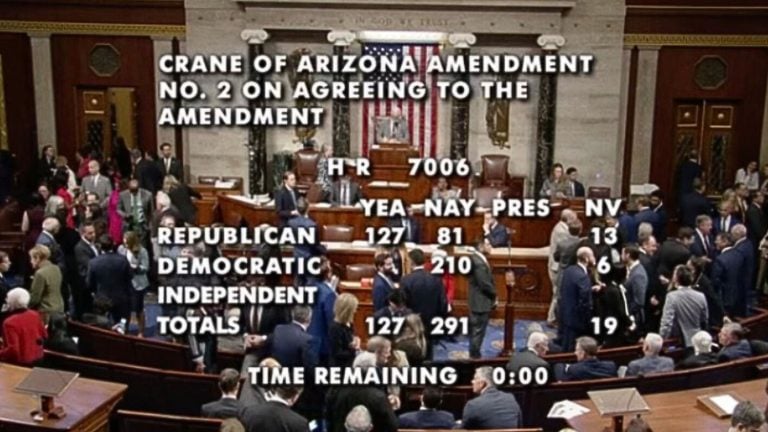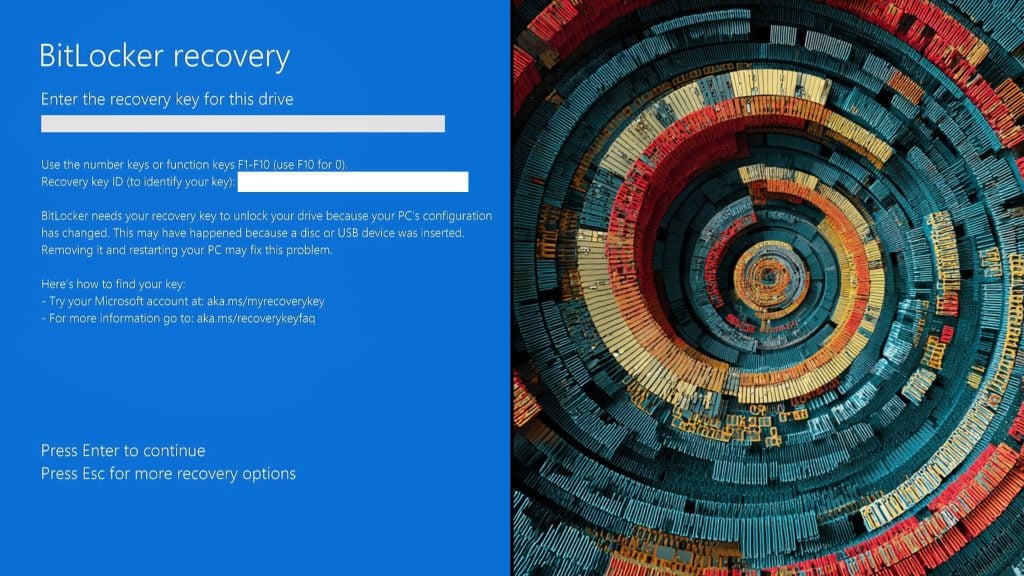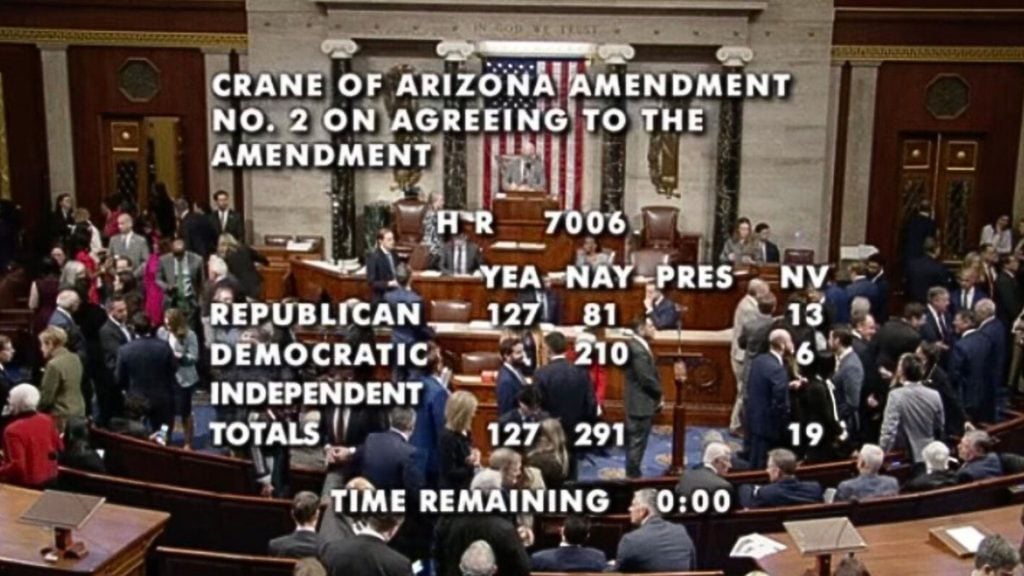More facts are coming to light about how privately-owned giants and de-facto digital public squares with billions of users cooperate with the US government – this time in a court document that Forbes writes got accidentally unsealed.
The document is what’s known as a “keyword warrant” – only the third that has surfaced so far publicly, though their number is feared to be higher than expected – and it shows that federal government had secretly ordered Google to identify anyone who searched a name, address, or telephone number, in a 2019 Wisconsin case of a missing minor.
In order to find the suspects in the presumed kidnapping and sexual abuse of the minor, those investigating the case decided to ask Google to turn over data on every person who happened to search the girl’s name, her mother’s name (in two different spellings), or their address. The data requested by the authorities included access to Google users’ accounts, CookieIDs, and their IP addresses, and in all covered Google searches performed during 16 days of one year.
In a sea of warrants asking data from Big Tech and their social media, the keyword searches, along with the geofence ones are considered to be among the most worrying when it comes to their potential to implicate perfectly innocent people, thanks to the “dragnet” approach.
Namely, these two types of warrants are not asking for data from suspects investigators have already identified; instead, they are hoping to come across them, and don’t care if everyone accidentally finding themselves within a physical perimeter or using a keyword in their search that has nothing to do with a crime might have their data given to government agencies.
In the Wisconsin case, Google cooperated and provided the requested information last year, but the document doesn’t show how many people got their Google accounts and IPs turned over.
Examples like this demonstrate that Google continues to work with the authorities even on warrants that are based on dubious legal grounds. All the same, the tech giant continues to defend its practices and promises that it is complying with the law while protecting user privacy.
However, “privacy experts are concerned about the precedent set by such warrants and the potential for any such order to be a breach of Fourth Amendment protections from unreasonable searches,” writes Forbes, and adds, “There are also concerns about First Amendment freedom of speech issues, given the potential to cause anxiety among Google users that their identities could be handed to the government because of what they searched for.”










